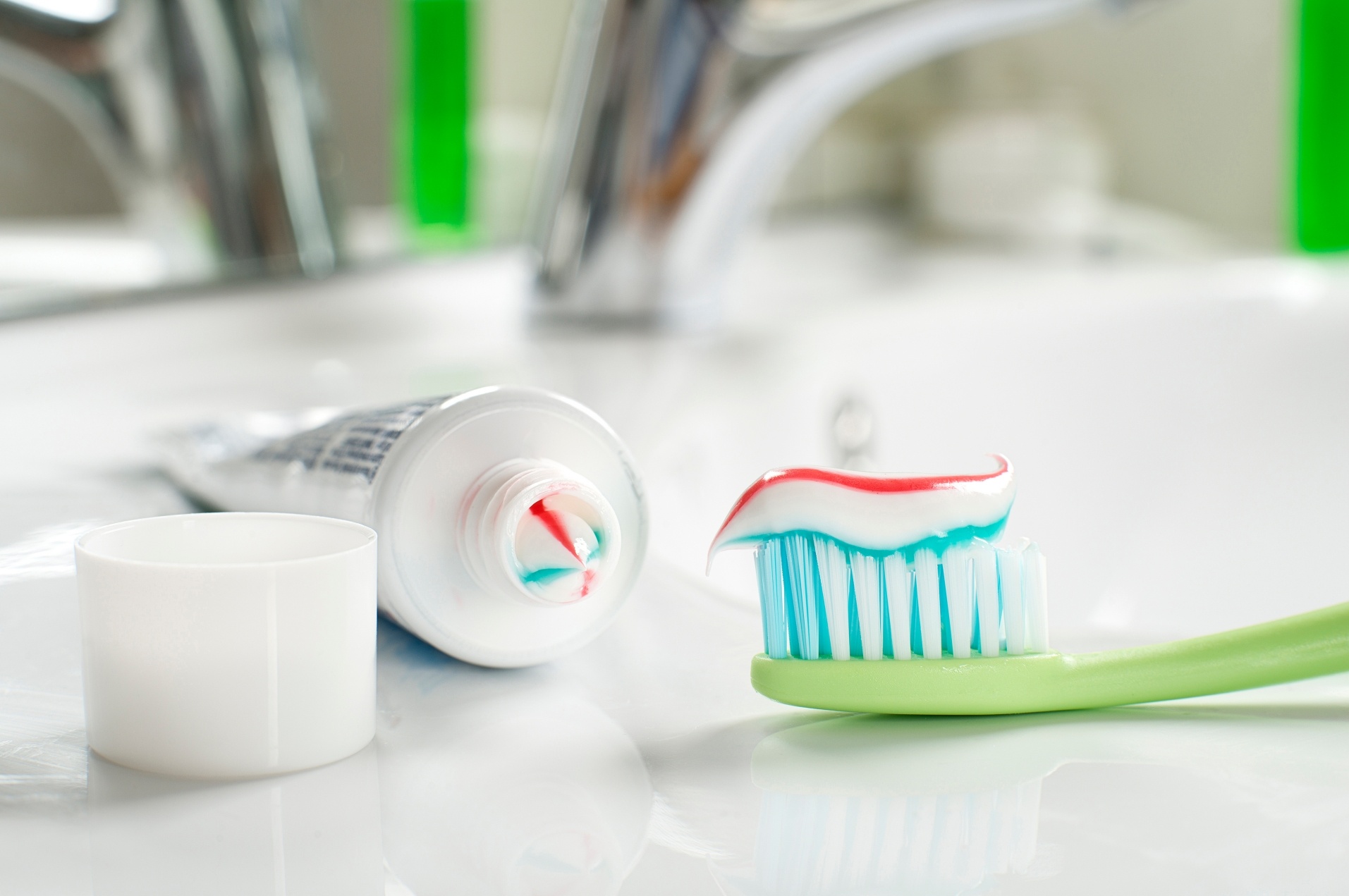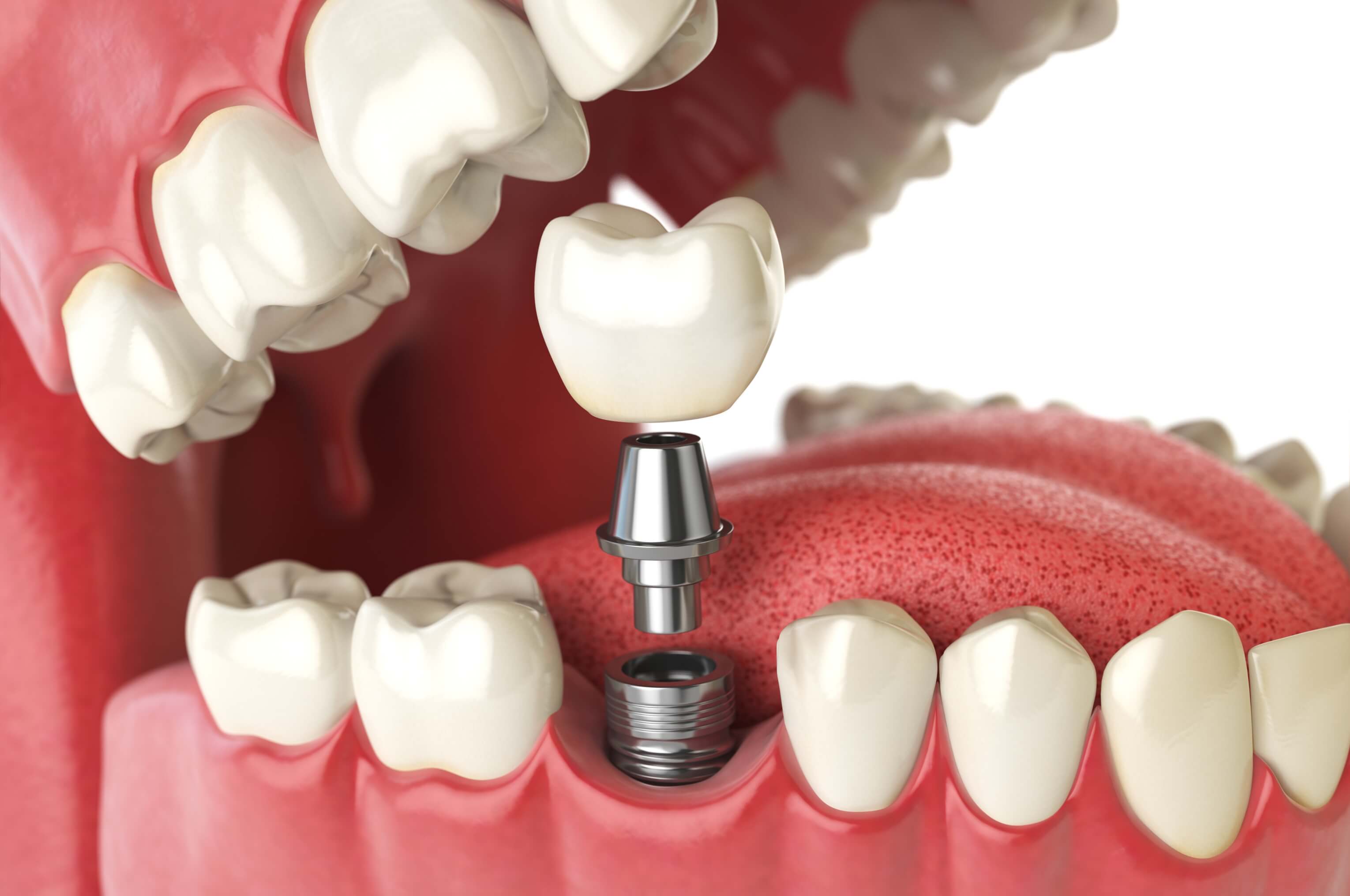The ABCs Of Good Dental Health For Your Kids
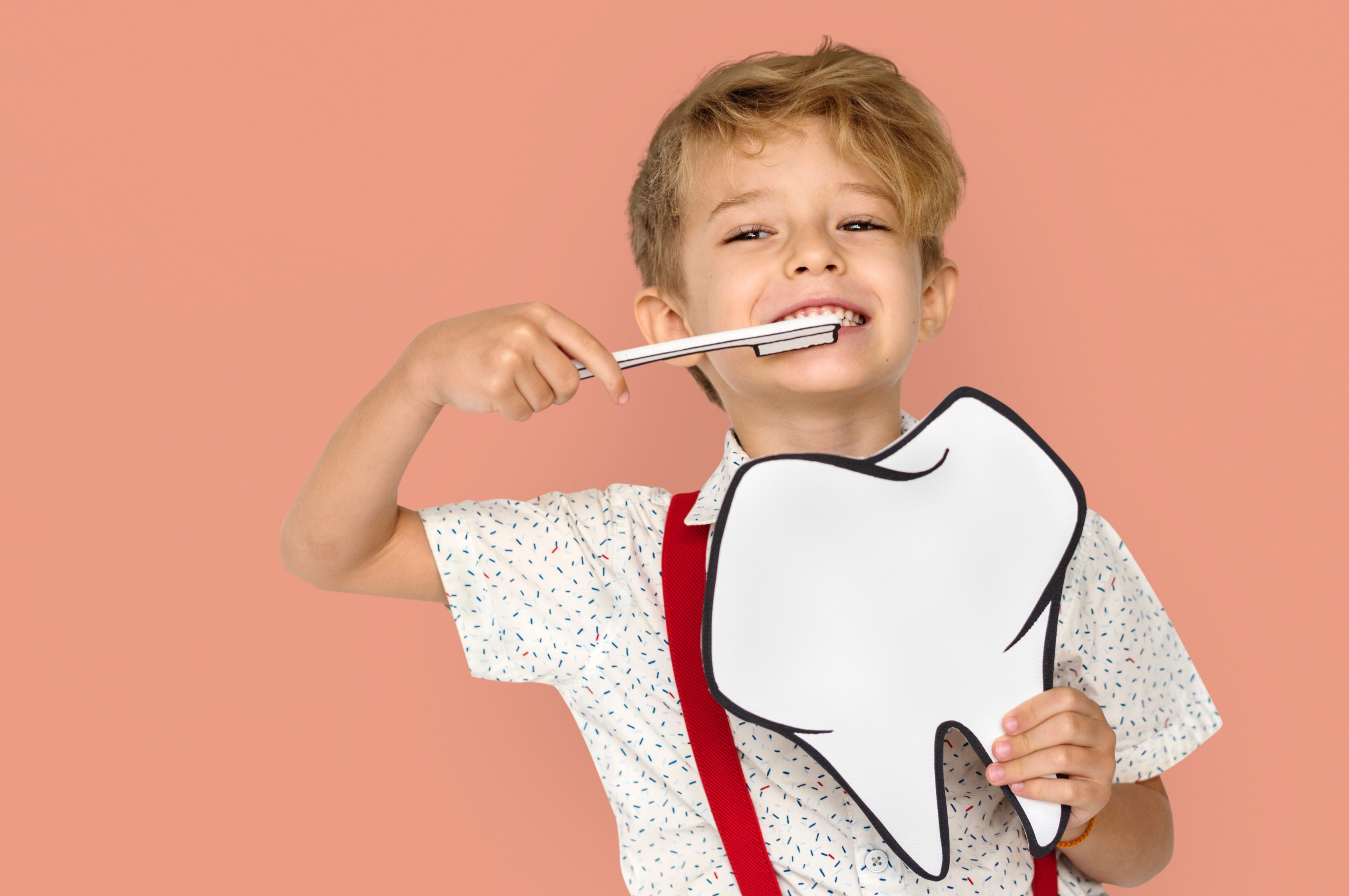
The ABCs Of Good Dental Health For Your Kids
It’s a new year and as you get your child at home ready for school, we thought we’d help out with your kid’s ABCs the TAG Dental way! Here’s a simple “ABC” reminder on oral health that will start your family on healthy dental habits!
t’s essential that children are guided in the right direction when it comes to learning how to take care of themselves, including their tiny teeth. Giving children the best possible start in life, as far as their oral health is concerned, will have several benefits and that is why the Oral Health Foundation is offering the following advice for parents looking to ensure their children’s teeth and gums get the best possible care.
A: Attend Dental Appointments
A huge part of setting children on the right track when it comes to looking after their teeth is to take them to the dentist as soon as possible.

This also makes it less likely that they will grow up wanting to put off dental appointments in the future.
When your child comes with you for dental appointments, make sure you encourage their curiosity and help them reduce their fears about tooth procedures.
B: Brush Better
Fluoride is vital for children’s oral health because it strengthens their teeth and makes it more resistant to decay. For children up to the age of three, it is best to use a smear of toothpaste with at least 1000ppm (parts per million) fluoride, followed by a pea-sized blob of 1350ppm fluoride toothpaste for older children.
Many toothpastes have the recommended ages on their labelling so finding the right one for your little ones is usually pretty easy.
It’s more likely that you’ll encounter an issue when it comes to getting your children enthusiastic about taking care of their teeth and regular brushing. Once again, there are very simple things you can try to remedy this.
Start by getting them to choose their own toothbrush. If they see one with their favourite character, it can help them to get excited about brushing their teeth. After they’ve got their toothbrush and toothpaste, make sure that they are brushing for two minutes right before they go to bed and at least one other time during the day. You will find that many electric toothbrushes now have built-in timers which will indicate when two minutes has passed.
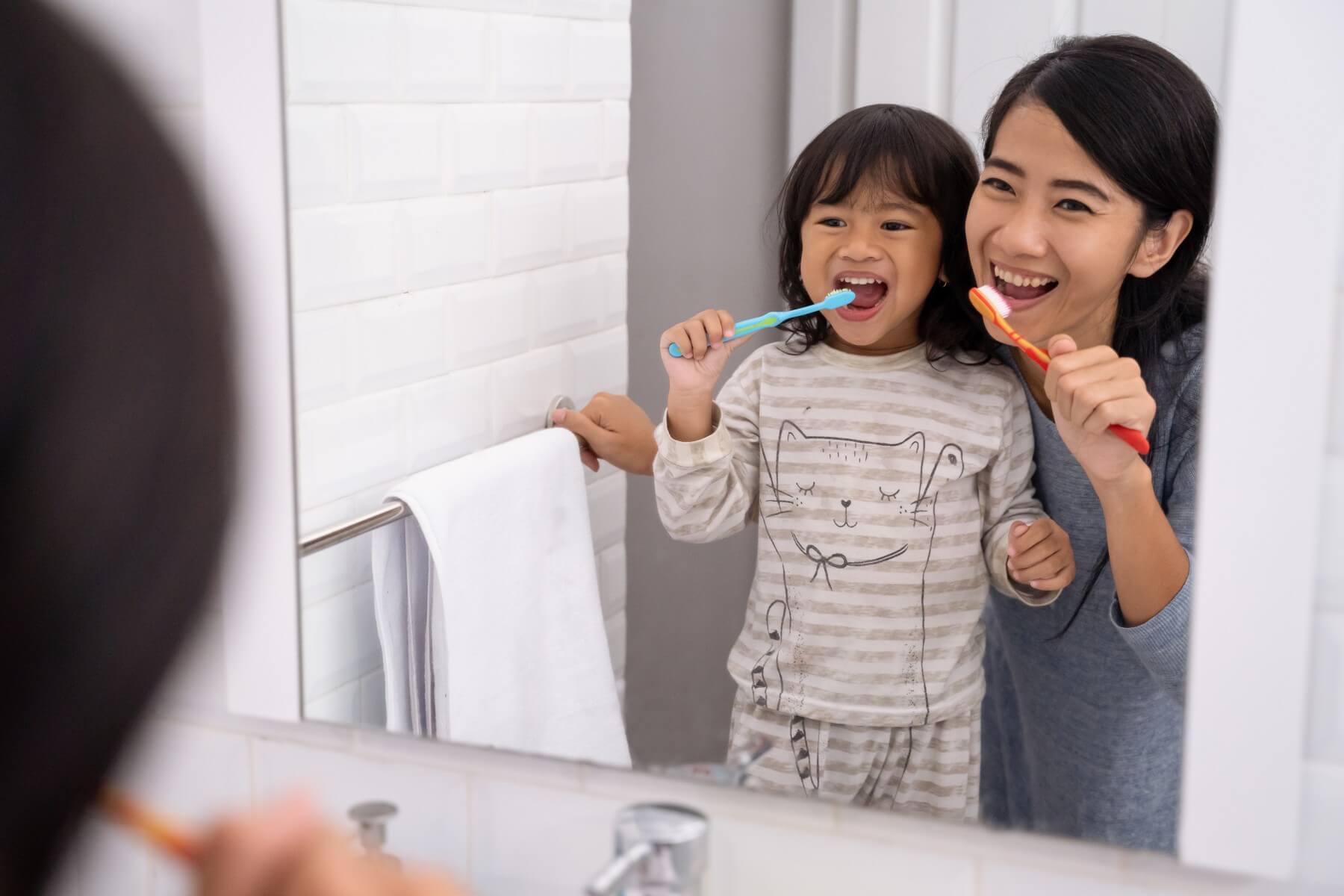
Making It Fun
Making sure your children clean their teeth for the right amount of time will be a lot more pain-free if you try your best to make brushing an enjoyable experience for them. Games, reward charts and songs are a great place to start. Thanks to advancements in technology, there are even mobile apps which they can use to brush along to as part of a game or in time with their favourite song.
With time, you’ll eventually see that toothbrushing will become a natural part of their everyday routine and you won’t even need to remind them. Just to be on the safe side, it’s recommended that children are supervised while brushing their teeth until they are at least seven years old.
C: Cut Out The Sugar
Children don’t tend to develop a taste for anything until they are exposed to it often. You’ll find that good oral health, whether you’re a child or not really does boil down to good and bad habits. The amount and how often children have sugary foods and drinks should be limited, otherwise they may be faced with several health problems going way beyond dental hygiene with childhood obesity exponentially on the rise.
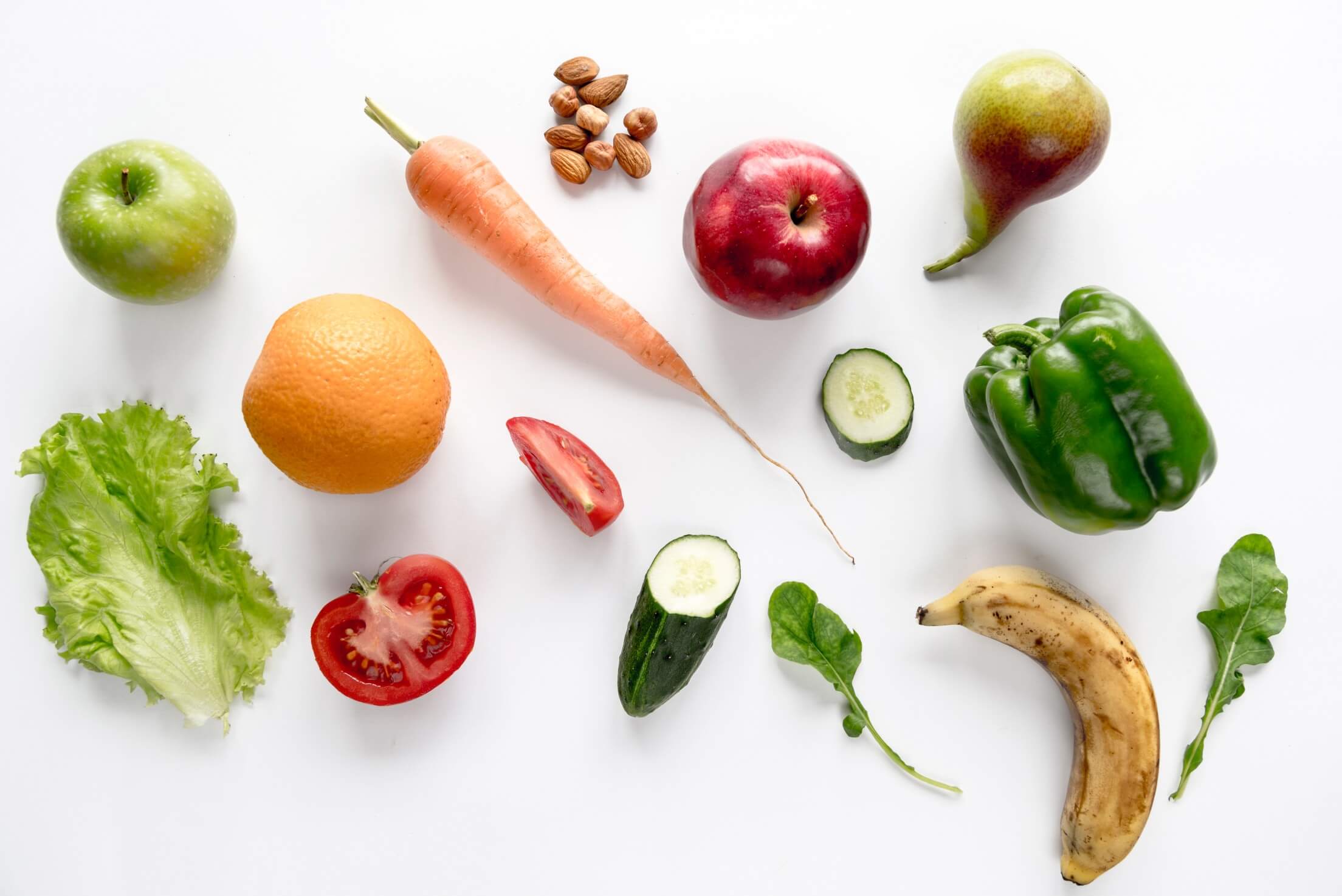
In short, a good diet from birth is essential. Still, water and milk are the best things a child can have throughout the day. Sugary drinks, including fruit juices, should be restricted to meal times only. Try not to give children sweets as a form of reward for good behaviour either.
enerally, a diet rich in vitamins, minerals, fresh fruit and vegetables will give children the best chance of preventing oral health problems like gum disease and tooth decay later on in life. Do be careful when you’re out doing your weekly shop though and have a close look at food labels because many of them contain more sugar than you think. “No added sugar” products are guilty of this particular crime! Remember it does not mean sugar-free.



